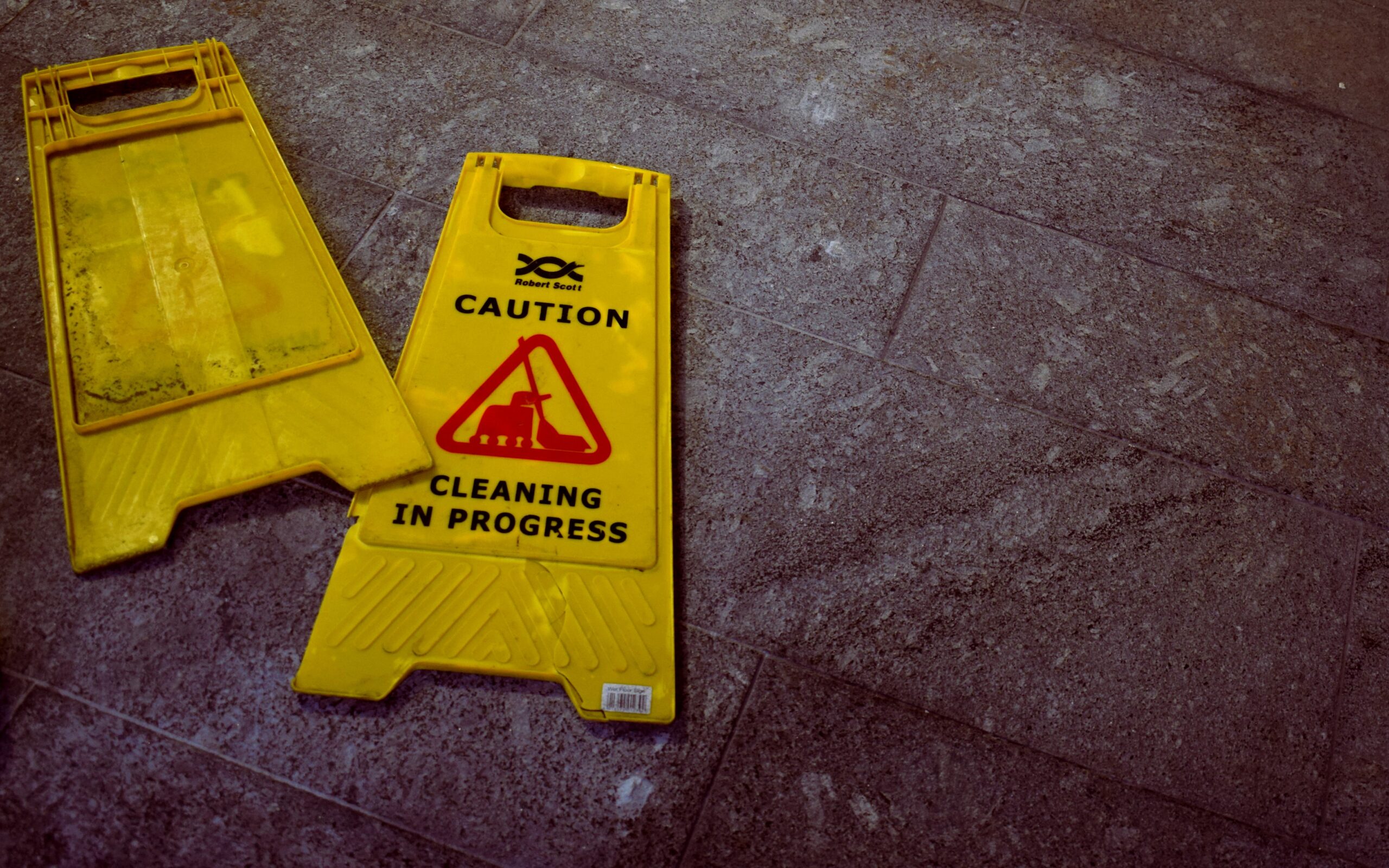How to Protect Your Business From Claims
The Importance of Protecting Your Business From Claims
The cost of defending a claim against your business can not only put serious financial pressure on your business but also run the risk of tarnishing your reputation and causing conflict amongst your staff. You could face legal action from an employee, customer, supplier or member of the public, and as a business, it’s your role and responsibility to do your best to avoid potentially catastrophic instances.
What Legal Actions Could Occur?
There are many reasons why a claim may be bought against your business, these include:
- Personal injury claims
- Contractual disputes
- Employment disputes
- Faulty goods or poor service
- Insolvency can lead to litigation
- Tax investigation from HMRC
- Health & Safety Executive – improvement notices or prohibition notices
- Trading Standards – false descriptions
- Companies House – failing to submit accounts and returns on time
- Various environmental issues
How to protect your business
As you can see above there are many reasons why you may need to protect your business from a claim. We are going to look specifically at protecting your business from personal injury claims.
Insurance
It is vital for businesses to have appropriate insurance, at the very least this should be liability insurance, there are also insurances specific to your industry. Insurance protects you and your corporation from general claims involving bodily injury or property damage.
Eliminate Risk
The best way to protect your business from personal injury claims is to avoid them by eliminating risk. Most accidents that occur in the workplace are slips or trips and can be eradicated through careful consideration of the environment around you. Risk assessments are vital in achieving this. Risk assessments reduce accidents by formally looking at an area at work, identifying any hazards, and then looking at the possible accidents or injuries that could occur. By taking this controlled and planned action you can see what could happen and reduce the likelihood of an accident happening. Keeping your risk assessments updated and ensuring all appropriate staff have read them is essential. Using cloud facility management software with risk assessment management included like OpsPal will ensure you never miss a review date on your risk assessments. You can also prove staff have read and understood all assessments should you need to.
Someone needs to be responsible for ensuring all cables and wires are out of the way, any spills are wiped up immediately and all structures and aspects of the building are secure. Common hazards can include leaking toilets or sinks or hazardous chemicals. It is necessary to view all aspects and weigh up the potential risks to your employees and customers.
Communication through the organisation to ensure any tasks such as clearing up spills is crucial. Being able to show risk assessments have been completed, updated regularly, and read and understood by everyone involved will be indispensable if you ever need to defend a claim.
Consistency
Checks once a year just aren’t enough, to fully ensure the safety of your staff and customers checks should be done daily or at least weekly. Safety devices like fire and smoke alarms should be tested regularly. Businesses can receive fines if they are negligent about these aspects. Checks can be set and allocated via a system like OpsPal to ensure all jobs are done, an easy-to-follow dashboard allows you to see what checks have and haven’t been done.
Training
Many new employees will not know the building or local area. The business has a responsibility to provide health and safety training and a tour of the office. Having your procedures in a knowledge base accessible to all staff is a great way to reiterate your training. I would suggest using videos for procedures, videos are an easy way to show people what standards you expect.
Legal Service
Legal advice can be helpful to protect your business when signing or issuing contracts. Draw up a standard set of terms and conditions for sales contracts, and another set for purchase contracts. Make sure any sale or purchase is made “subject to terms and conditions”. If you can get the terms and conditions right you avoid needing to seek legal advice on everyday transactions.
OpsPal is an incredible software that will help you protect your business from legal action. From ensuring your risk assessments are up to date and read, to having all your procedures accessible and allowing you to communicate with all staff to keep on top of tasks and checks.
To find out how OpsPal can help your business, contact Craig@opspal.com to book your consultation and demo now.











